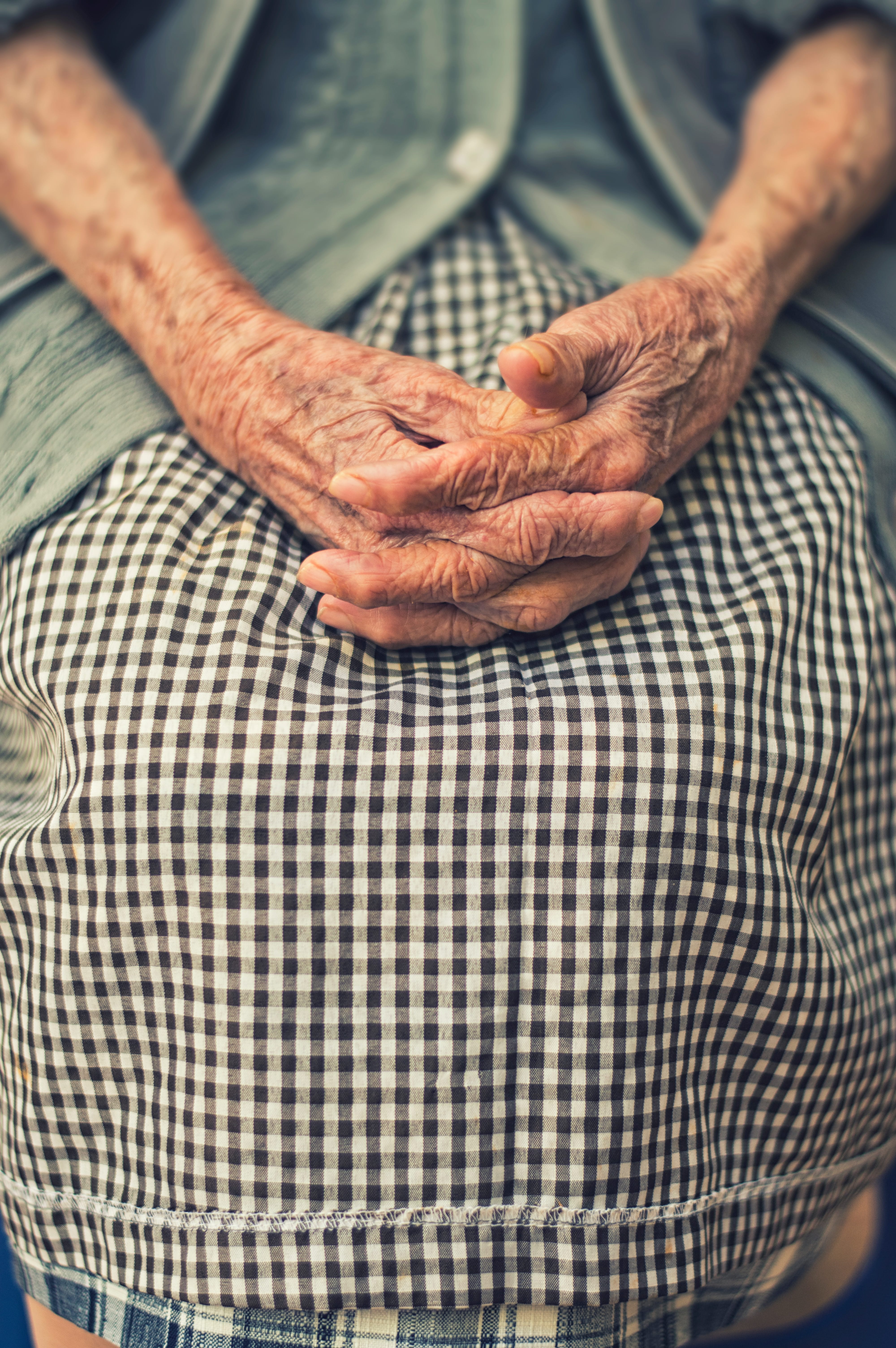Hand Feeding Versus Tube Feeding in Advance Directives
75-year-old Bill Harris believes it’s his duty to help his wife, Nora Harris, who was diagnosed with Alzheimer’s in 2009, die. “Let me be honest. Yes. It’s what she wanted,” he said. “I want her to pass. I want her to end her suffering.” However, because Nora is being hand fed versus tube fed, Bill hasn’t been able to grant his wife’s dying wish.
Nora, only 64, signed an advance directive after being diagnosed with early onset Alzheimer’s to ensure her life would not be needlessly prolonged. Her advance directive and testimony from her husband, her daughter and two close friends all indicated she would wish for her life to end.
According to Bill, the disease has progressed to an unacceptable point, and while Nora isn’t tube fed, she is currently being kept alive with assisted eating and drinking at Fern Garden, an elderly care center, against her wishes. She cannot communicate or recognize her loved ones.
Bill presented the matter in court last year, hoping her being hand versus tub fed wouldn’t be an issue, but a judge denied his wishes claiming the state law requires Nora continue to receive care.
“She did not want to be in a position where somebody had to totally take care of her,” Bill said. “When nature, through the disease, basically said, ‘I can’t feed myself,’ Nora’s position was, that’s it. Let nature take its course.”

Bill learned his wife was being offered three daily meals in addition to optional snacks. He is considering returning to court to stop the snacks in order for Nora to lose enough weight to cause her death. Bill said his wife was in hospice twice before because she was underweight and she was given six months to live. However, her weight has been climbing as of late due to the state mandated program.
“You’re denying Nora the right to die on her terms,” Bill Harris said. “It’s not a right-to-life issue, it’s a right-to-die issue.”
Advance directives typically allow for patients to withdraw from forced hydration and nutrition while being tube fed. However, when food and drink are offered by hand, several states, including Nora and Bill’s home state of Oregon, do not offer the same option. “That court decision basically condemned Nora to the full extent of the Alzheimer’s disease. They gave her no exit out of this situation,” according to Bill.
Bill argues Nora’s ability to open and close her mouth a natural reflex. However, court-appointed attorney for Nora Harris, Eric Foster, views her willingness to do so could represent a change of heart.
“If they’re eating and they’re opening their mouth, it’s difficult to say they didn’t want it,” Beth Kallmyer, vice president of constituent services for the Alzheimer’s Association, said.
Lynn Rawlins, the center’s administrator, explained there’s nothing she can do in this type of situation. “We have to feed them until they stop opening their mouths,” she said. “Unless feeding them causes more harm from aspirational pneumonia or a choking factor. We still have to feed them, even if they choke.”
“It’s difficult visiting her, especially when you know what Nora was like before,” Bill states, and this is what makes the decision a difficult one.
“Do we listen to the previous Nora or to the current Nora?” Thaddeus Mason Pope, director of the Health Law Institute at Hamline University in St. Paul, said. “That is, unfortunately, not legally or ethically answered well.”
“Nora was quite enamored of Virginia Woolf,” Bill Harris said, and she would have rather accepted the same fate as the writer versus having her suffering prolonged. “If she had known this would happen, she would have put rocks in her pockets [just as Virginia did] and jumped in the river. This is absolutely where she never wanted to be.”
Sources:
Despite advance directive, dementia patient denied her last wish, says spouse


Join the conversation!